 enquiry@ajaybio.in
enquiry@ajaybio.in Call Us: 020-67111010
Call Us: 020-67111010

• Chemical Fertilizers, Pesticides, Insecticides increased the output in the initial years, they are no longer are doing so and are causing more harm than Joy.
• Overuse of Chemicals is leading to decrease in soil fertility due to high chemical residue accumulation causing major loss in fauna.
•These harmful chemicals can enter the crops and are cause of concern for increased health hazards for consumers & Growers
• Pests are becoming more immune to common chemical pesticides/insecticides used thus causing major loss of outputs to growers.
•Groundwater contamination, High input costs of fertilizers pesticides (Higher Dosages), Loss of next generation of crops are few other pressing concerns.
Organic farming is gaining traction with so many issues in Chemical farming methods: -
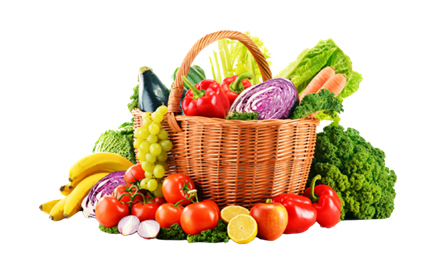
The nutritional value of food is largely a function of its vitamin and mineral content. In this regard, organically grown food is dramatically superior in mineral content to that grown by modern conventional methods.
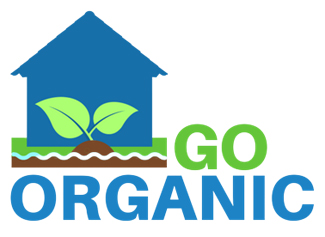
This method can be further exploited for large scale production of organic crops. The controlled growing conditions will allow a reduction or total abandonment of the use of chemical pesticides. Water Conservation and Recycling: -The vertical farming technology includes hydroponics which uses 70 percent lesser water than normal agriculture.
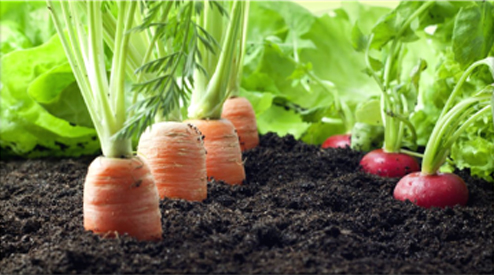
The tastiness of fruit and vegetables is directly related to its sugar content, which in turn is a function of the quality of nutrition that the plant itself has enjoyed. This quality of fruit and vegetable can be empirically measured by subjecting its juice to Brix analysis, which is a measure of its specific gravity (density). The Brix score is widely used in testing fruit and vegetables for their quality prior to export.
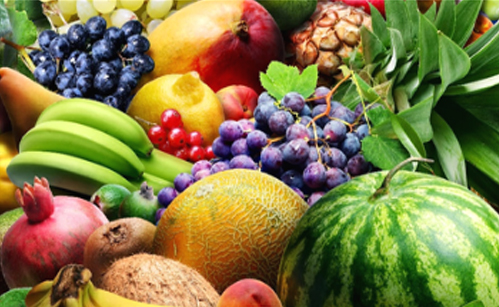
Vertical farming, applied in a holistic approach in conjunction with other technologies, can allow urban areas to absorb the expected influx of more population and yet still remain food sufficient. Organically grown plants are nourished naturally, rendering the structural and metabolic integrity of their cellular structure superior to those conventionally grown.

A healthy plant grown organically in properly balanced soil resists most diseases and insect pests.
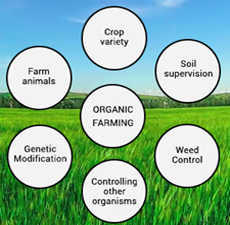
Organic farming does not incur the use of expensive agrichemicals – they are not permitted! The greater resistance of their crops to pests and the diseases saves farmers significantly in expensive insecticides, fungicides and other pesticides.
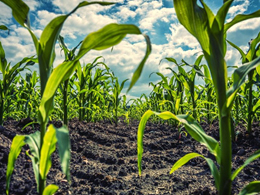
Organically grown plants are more drought tolerant.Chemical fertilizer is soluble, plants are forced to imbibe it every time they are thirsty for water. They can and do enjoy good growth as long as water is readily available. As soon as water becomes limited, however, the soluble nutrient salts in the cells of chemically fed plants are unable to osmotically draw sufficient water to maintain safe dilution. They soon reach toxic concentrations, and the plant stops growing, hays off and dies earlier than it otherwise would have.
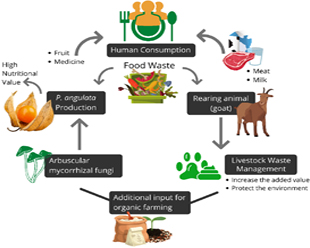
There is a discerning market of consumers who recognize the greater food value of organic produce and are willing to pay premium prices for it.
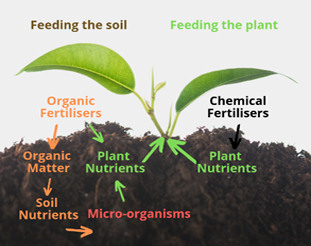
Proponents of industrialized agriculture point to its superior productivity. In the short term, this yield is possible by expending massive inputs of chemicals and machinery, working over bland fields of a single crop (monoculture).
However, over the longer time frame, productivity advantages dwindle. In my years working with broadacre farmers in the wheatbelt of WA, it was common for them to remark on how much richer pastures and crops were in their youth.
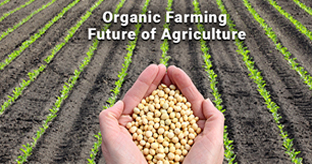
While their conventional counterparts may sow by direct drilling of seed into herbicide treated soils, organic farmers are usually at least partly dependent on cultivation to remove weeds prior to sowing. In contrast to cultivation, direct drilling does not mechanically disrupt soil structure and removes the risk of exposed soil being lost to wind or water erosion.
These are few of the most important advantages of Organic Farming.

• Organic farming or Biofix Farming is the answer to many farmers who want to de-addict their lands
• Biofix was pioneered in 1990, We Foresaw the vision of organic farming and the need for moving towards a sustainable farming Practice in India and many other countries.
• We Believe time is ripe to bring about Green revolution through Biofix farming.
Biofix initially started with neem-based formulations, being the only company in India and many other countries at that time using such a formulation. Over 32 years it has developed a number of advanced Bio &Herbal based Bio-Technology products in the domain Of Plant Nutrition, Plant Protection & Plant Growth Promoters for quality results.
For more Information on testmonials by farmers across India who have benefitted by using biofix products you can checkout out our youtube channel:- https://www.youtube.com/channel/UCqef4-NufCthOCT9squtJfQ